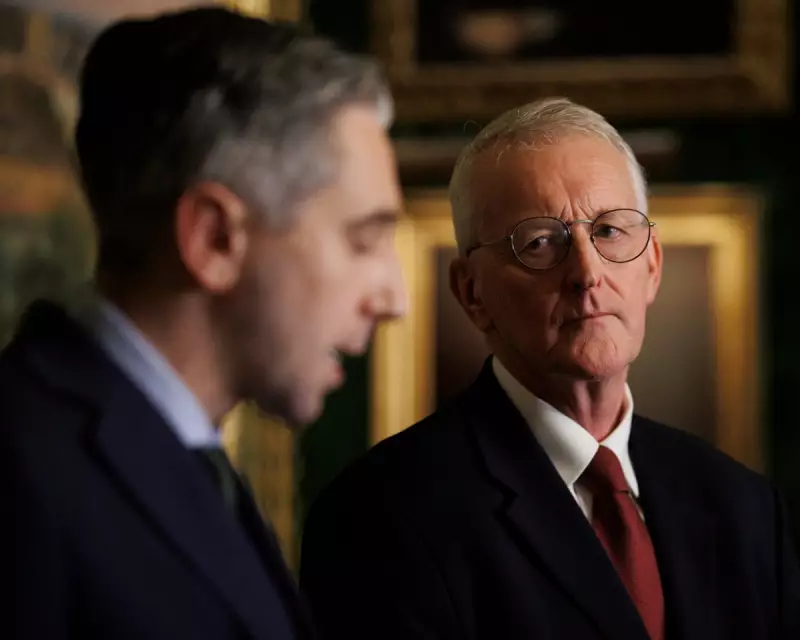
In a powerful and damning critique, Shadow Northern Ireland Secretary Hilary Benn has declared the government's newly enacted Troubles legacy legislation a profound failure, leaving a critical peace process commitment as 'unfinished business'. The deal, intended to address the scars of the past, has instead ignited a firestorm of cross-party condemnation and legal apprehensions.
Benn's comments come as the controversial Legacy and Reconciliation Act comes into force, establishing an independent commission intended to offer immunity for cooperation. However, Benn asserts the legislation has 'completely failed' its primary objective: to deliver a system that commands the confidence of victims' families and the wider community in Northern Ireland.
A Betrayal of the Stormont House Agreement
The core of Benn's argument centres on the government's abandonment of the 2014 Stormont House Agreement, a painstakingly negotiated cross-party blueprint. That agreement had proposed a series of historical investigations to help families uncover the truth about their loved ones' deaths.
"This was unfinished business from the Belfast/Good Friday Agreement," Benn stated, highlighting the broken promise. The new Act, he argues, unilaterally dismantles this agreed-upon approach, shutting down ongoing inquests and civil cases related to Troubles-era deaths and replacing them with a body critics fear will prioritise immunity over justice.
Mounting Opposition and Legal Peril
The legislation faces opposition from a rare united front. Every major political party in Northern Ireland, alongside victims' groups and human rights organisations, has vocally opposed the Act. The Irish government has also signalled its profound concerns, announcing an interstate case against the UK at the European Court of Human Rights.
Benn warned that this international legal challenge poses a significant threat. "The government is facing, I think, the real prospect of losing that case," he said, suggesting the UK could be found in breach of its international human rights obligations. This would create a fresh political and diplomatic crisis for an incoming government.
The Human Cost: Victims' Voices Silenced
Beyond the political and legal wrangling, Benn emphasised the human impact. He recounted the story of a victim's son whose ongoing inquest is now being terminated. "He said to me, 'They are shutting down the path to my truth'... That is what this legislation is doing to families in Northern Ireland."
This sentiment underscores the central criticism: that the Act risks shielding perpetrators from accountability and denying families their long-awaited right to truth and justice, effectively drawing a line under the past without their consent.
A Path Forward for an Incoming Government
While Benn confirmed a Labour government would not seek an immediate repeal of the Act due to the complex framework already in place, he committed to fundamental reform. The pledge is to restore the principles of the Stormont House Agreement, ensuring any future process is victim-centred and compliant with international human rights standards.
The challenge of dealing with the legacy of the Troubles remains one of the most sensitive and divisive issues in Northern Irish politics. Benn's intervention signals that far from being resolved, this new legislation has only intensified the debate, ensuring that the quest for a just and lasting solution will continue to dominate the political landscape.






